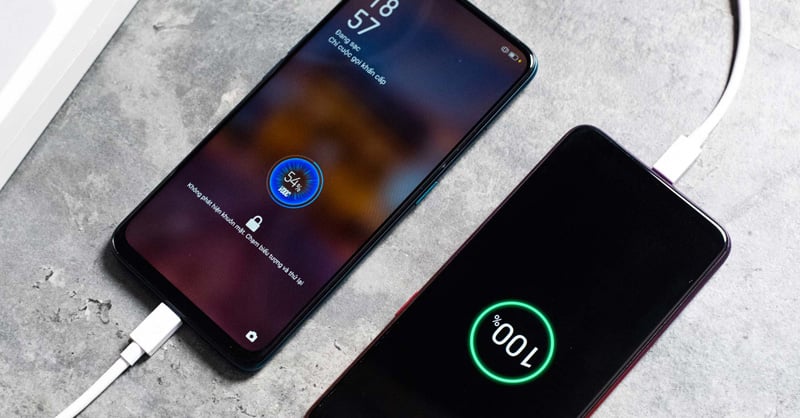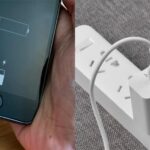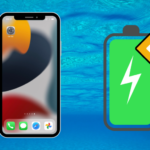Battery health is paramount to the performance and longevity of your phone. Yet, many people are unaware of the basic principles of battery charging, leading to improper habits that can affect their device’s lifespan. A common question that arises is: When should I charge my phone to avoid damaging the battery? Here are some essential battery charging tips to help you better protect your device.
1. What is the ideal battery percentage to start charging?
According to experts and battery manufacturers, the sweet spot for charging your phone lies between 20% and 30% battery life. Allowing your phone to regularly reach 0% can be detrimental to its battery health, as lithium-ion batteries—commonly found in most electronic devices today—do not perform optimally when completely discharged frequently.

When is the Best Time to Charge Your Phone?
It is advisable to avoid letting your battery drain completely before charging, as this can cause “battery shock,” reducing its ability to hold a charge and leading to long-term damage. Therefore, to ensure your battery’s longevity, aim to charge your phone when it reaches the 20-30% mark.
2. You don’t need to charge to 100%
While it is a common belief that you should charge your phone to 100% before unplugging it, this is not entirely accurate. Research shows that lithium-ion batteries perform best when not fully charged. Ideally, try to maintain your battery level between 40% and 80%. Consistently charging to 100% can put unnecessary strain on the battery, leading to accelerated “aging.”
So, unless you need a full charge for a long trip, charging your phone to 80-90% is sufficient to ensure its functionality without overloading the battery.
3. Avoid overnight charging
Many users tend to leave their phones charging overnight to have a “fully charged” device in the morning. However, this practice is not recommended. Once your phone reaches a full charge and continues to receive power, it can lead to “overcharging,” causing rapid battery degradation and long-term damage.
Instead of overnight charging, consider using your device’s built-in battery management features, such as “smart charging” modes found on some modern phones. These modes prevent overcharging and offer better protection for your device.
4. Keep your phone at moderate temperatures
Temperature also plays a crucial role in preserving your phone’s battery health. Lithium-ion batteries are sensitive to extreme heat or cold. When your phone gets too hot (due to direct sunlight or fast charging), the battery can be damaged, and its lifespan shortened. Similarly, extremely cold temperatures can cause unstable battery performance and reduced energy storage efficiency.
Therefore, charge your phone in a moderately-heated environment and avoid excessive heat during use or charging.
5. Use quality chargers and cables
The quality of your charger and cable is a significant factor in maintaining battery health. Using non-genuine or low-quality chargers and cables can lead to unstable charging, impacting your battery’s lifespan. Additionally, an unreliable charger may pose a safety hazard, potentially causing fire or explosion.
Always opt for genuine or reputable brand-name chargers and cables to ensure safe and efficient charging.
6. Continuous charging or intermittent charging?
Another common question is whether it’s better to charge your phone continuously or in short bursts throughout the day. This depends on your usage patterns. However, research suggests that charging your phone multiple times a day when the battery dips to 20-30% can be more beneficial than waiting for it to reach 0% and then charging it fully.
If possible, aim for shorter, more frequent charging sessions rather than letting your phone drain completely.
“The Ultimate Guide to Optimal Phone Charging: Avoid the Pitfalls of Premature Battery Aging”
Charging your phone seems like a simple task, but it requires a certain level of attention to ensure the longevity of your battery life. It’s important to follow some basic guidelines to keep your battery healthy and maintain its performance over time. By taking care of your phone’s battery, you can extend its lifespan and ensure your device remains reliable.



































